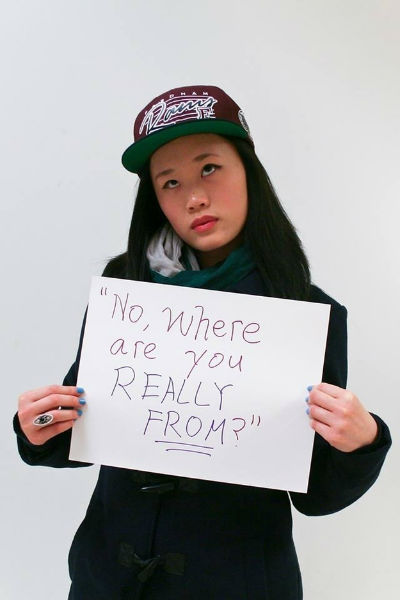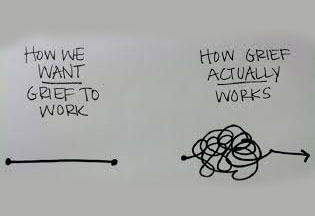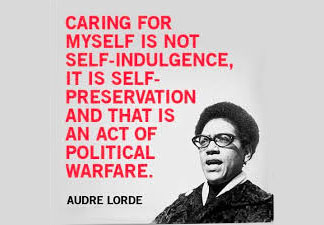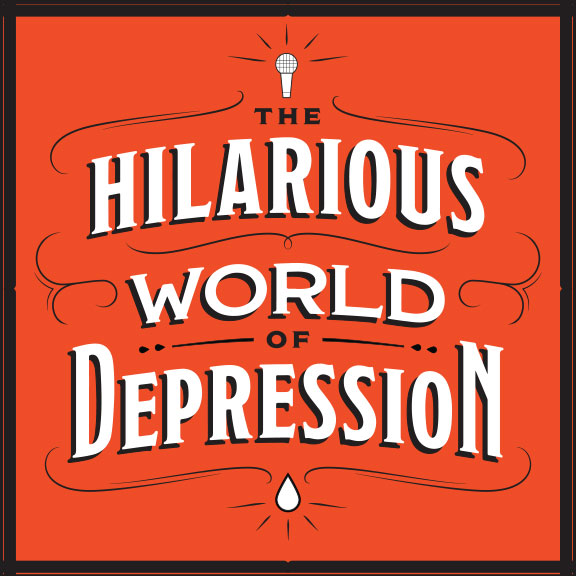These last few weeks, I’ve seen kid and teen clients’ stress skyrocket as a result of mandatory statewide testing. It reminds me of my own days as a student in DeKalb County schools taking the Iowa Test of Basic Skills way back in the 1980s. You may have a similar memory of using #2 pencils to bubble in answer sheets or long hours of boredom c oupled with the pressure to do well. As far as I can tell, none of that has changed.
oupled with the pressure to do well. As far as I can tell, none of that has changed.
It’s easy to be sympathetic to these clients and their anxiety. Tests can be confusing, and often don’t reflect what my clients have learned throughout the school year. Multiple studies over decades have shown that race and socio-economic class can impact scores, raising significant doubts about validity.
And yet, even when these smart, savvy kids have this information, they still feel tremendous pressure to do well on these tests. For some, these test results make up a significant portion of their final grades in school. For some, their performance impacts eligibility for talented-and-gifted programs. For many, it’s easy to tie self-worth to scores — which means even more pressure to perform.
In my years counseling teens and kids, many parents have come to me saying, “my kid seems more irritable around testing time.” This is not a surprise. When we’re anxious and don’t feel a lot of control, that can come out as irritability or efforts to control other parts of our lives in constructive or not-so-constructive ways.
So here’s what I tell parents:
1. Recognize that your child is likely feeling anxiety and pressure. They may not tell you that they’re anxious, but you may be able to tell if your child is acting out more than usual. Any perceived pressure from you may feel like “too much” to them, since they’re already worried and negatively anticipating the test.
2. Help them prepare in practical ways (getting a good night sleep and eating a good breakfast beforehand). If their school allows books or other materials for in-between testing times, help them select something that will reduce boredom.
3. Reassure your child that you love them and that testing is much less important than other things (their character, perhaps, or their overall effort during the school year).
4. Make plans with your child to do something fun after testing is over.
And, thankfully, testing will be done soon!
 ” is front-and-center.) But I’ve been interested lately to read their Race in Atlanta series, and appreciative of the different perspectives they’ve highlighted. (For a few examples of stories, click here or here.)
” is front-and-center.) But I’ve been interested lately to read their Race in Atlanta series, and appreciative of the different perspectives they’ve highlighted. (For a few examples of stories, click here or here.)








 It’s been especially important to me lately that clients of all political persuasions know that politics is something they can talk about openly in sessions. Some are excited and hopeful as a result of this new presidential administration. Other clients are finding their anxiety aggravated and their depression worsening as a result of recent political actions. More than one has been in a fight with a loved one about ideology or the “right” way to act or react.
It’s been especially important to me lately that clients of all political persuasions know that politics is something they can talk about openly in sessions. Some are excited and hopeful as a result of this new presidential administration. Other clients are finding their anxiety aggravated and their depression worsening as a result of recent political actions. More than one has been in a fight with a loved one about ideology or the “right” way to act or react.




 First: Don’t make major life decisions in the middle of a crisis. If you’re feeling an impulse to make a big change right now, notice that impulse and then do yo
First: Don’t make major life decisions in the middle of a crisis. If you’re feeling an impulse to make a big change right now, notice that impulse and then do yo